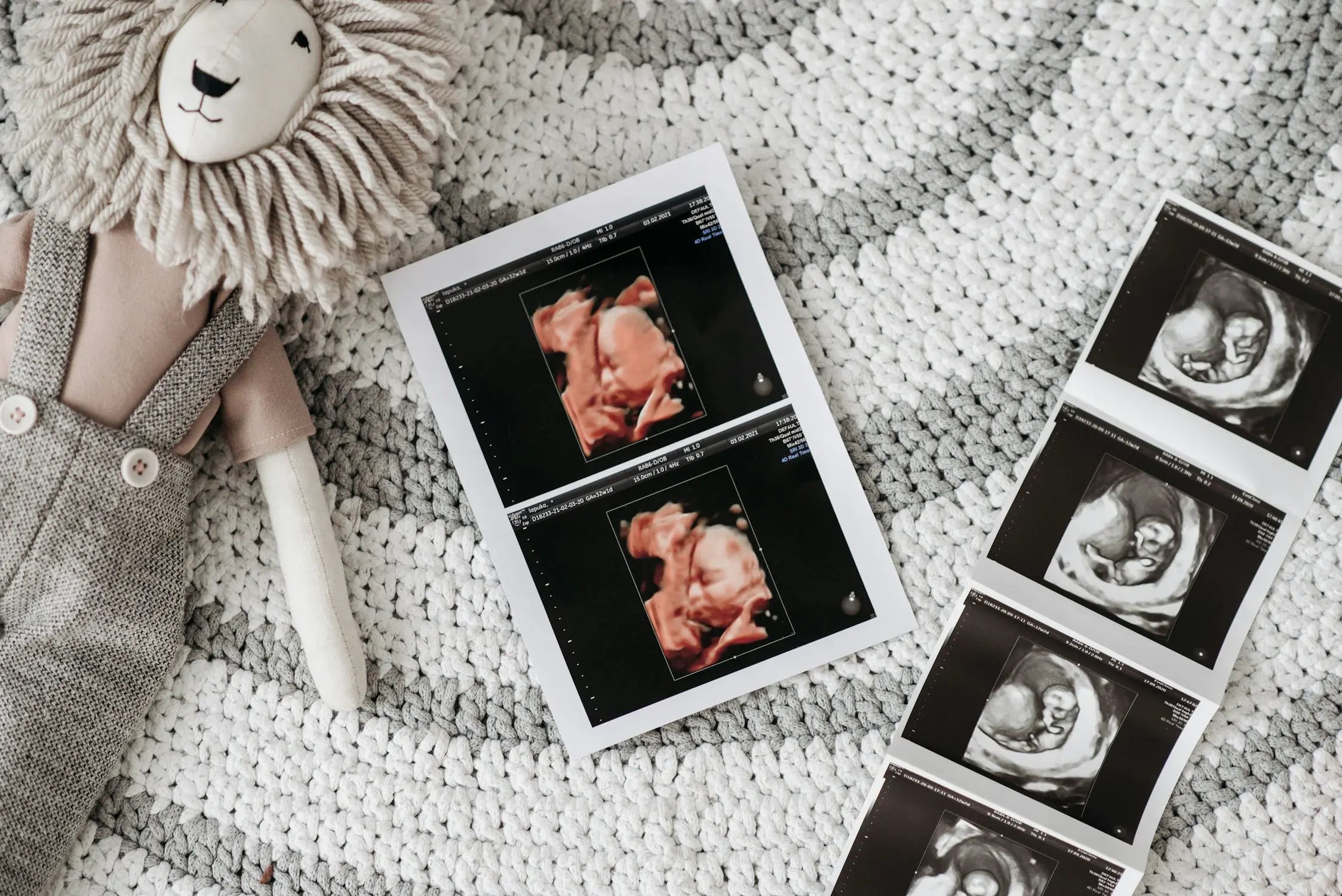Inicio
Pregnancy, Breastfeeding, and Pumping: The Ultimate Guide for Moms
When Can Pregnancy Be Tested: A Comprehensive Guide

When Can Pregnancy Be Tested: A Comprehensive Guide
Pregnancy is a life-changing event, and knowing when to take a test can be both exciting and nerve-wracking. Whether you're actively trying to conceive or suspect an unplanned pregnancy, understanding the right time to test is crucial. This article delves into the science of pregnancy testing, the factors that influence accuracy, and practical tips to ensure you get the most reliable results.
Understanding the Basics of Pregnancy Testing
Pregnancy tests work by detecting the presence of human chorionic gonadotropin (hCG), a hormone produced by the placenta shortly after a fertilized egg attaches to the uterine lining. hCG levels rise rapidly in the early stages of pregnancy, doubling approximately every 48 to 72 hours. Most home pregnancy tests are designed to detect hCG in urine, while blood tests conducted by healthcare providers can detect even lower levels of the hormone.
When Can Pregnancy Be Tested?
The timing of a pregnancy test is critical for accuracy. Testing too early can result in a false negative, as hCG levels may not yet be high enough to detect. Here's a breakdown of when you can expect reliable results:
After a Missed Period
The most common recommendation is to wait until after you've missed your period. For most women, this is about 14 days after ovulation. By this time, hCG levels are typically high enough to be detected by a home pregnancy test.
Early Testing
Some tests claim to detect pregnancy as early as 6 to 8 days after ovulation. However, the accuracy of these early tests can vary. If you choose to test early, be aware that a negative result may not be definitive, and you may need to retest after a few days.
Blood Tests
Blood tests can detect pregnancy earlier than urine tests, often as soon as 7 to 12 days after conception. These tests are typically performed in a healthcare setting and can provide more accurate results, especially in the very early stages of pregnancy.
Factors That Influence Test Accuracy
Several factors can affect the accuracy of a pregnancy test, including:
Timing of the Test
As mentioned earlier, testing too early can lead to false negatives. It's essential to follow the instructions on the test kit and wait until the recommended time frame for the most accurate results.
Quality of the Test
Not all pregnancy tests are created equal. Some are more sensitive than others and can detect lower levels of hCG. Choosing a high-quality test can increase the likelihood of accurate results.
User Error
Improper use of the test, such as not following the instructions or using expired tests, can lead to inaccurate results. Always read the instructions carefully and ensure the test is within its expiration date.
Medical Conditions
Certain medical conditions, such as ovarian cysts or certain medications, can affect hCG levels and lead to false positives or negatives. If you suspect a medical condition may be influencing your results, consult a healthcare provider.
Tips for Accurate Testing
To ensure the most accurate results, follow these tips:
Use First-Morning Urine
hCG levels are typically highest in the morning, so using first-morning urine can increase the likelihood of detecting pregnancy.
Read the Instructions Carefully
Each pregnancy test has specific instructions. Make sure to follow them precisely to avoid errors.
Wait the Recommended Time
Most tests require a few minutes to develop. Avoid reading the results too early or too late, as this can lead to misinterpretation.
Retest if Necessary
If you receive a negative result but still suspect you may be pregnant, wait a few days and retest. hCG levels increase rapidly in early pregnancy, so a negative result may turn positive after a few days.
What to Do After a Positive Test
If your pregnancy test is positive, it's important to confirm the result with a healthcare provider. They can perform a blood test and provide guidance on next steps, including prenatal care and lifestyle adjustments.
What to Do After a Negative Test
If your test is negative but you still haven't gotten your period, consider retesting after a few days. If you continue to experience symptoms of pregnancy or have concerns, consult a healthcare provider for further evaluation.
Emotional Considerations
Waiting to take a pregnancy test can be an emotional rollercoaster. Whether you're hoping for a positive or negative result, it's important to take care of your mental health during this time. Lean on supportive friends or family members, and consider speaking with a counselor if needed.
Knowing when to take a pregnancy test can make all the difference in getting accurate results. By understanding the science behind testing, considering the factors that influence accuracy, and following practical tips, you can approach this important moment with confidence. Whether you're eagerly awaiting a positive result or hoping for a negative one, being informed is the first step toward making the best decisions for your health and future.
Compartir

